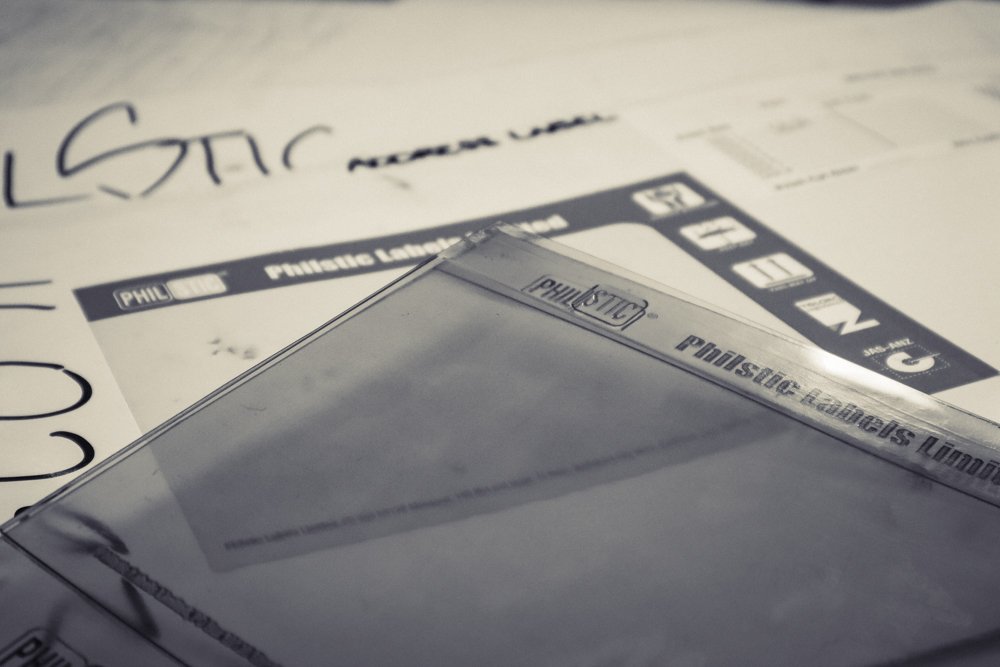
About Our Sustainability
PhilStic Labels Limited (PhilStic) is a people centric company who care very much about the planet that our community lives and operates within.
PhilStic strives to eliminate waste within our production processes.
Therefore, sustainability within PhilStic falls into the following three key areas: -
PACKAGING
Cartons and paper: PhilStic flat folds all cartons and recycles these. Paper is one of the most recycled products in the world. New Zealanders consume about 735 thousand tonnes of packaging each year 58% of which is recycled. Paper can be recycled several times, yet not indefinitely, depending on the grade. Therefore, there is a continuous need to feed the inflow of recovered fibre with paper products made of virgin pulp. Paper recycling needs to continuously incorporate a certain amount of fresh fibres for three main reasons: strength, quality and availability.
Plastic wrap: PhilStic has specified to our suppliers to only use clear shrink wrap film in delivery of our goods. PhilStic has within our factory a large bin specifically to collect and recycle clear soft plastic film, the bin is for Clear Shrink Wrap, Clear Bubble Wrap, Clear Plastic bags.

PRINTING INKS
PhilStic Labels Limited has a variety of types of printing presses, each having their own toner or ink supply requirements. For each type of equipment and / or toner ink supply line PhilStic has a recycle method as follows: -
For our Ricoh digital document printers, used in our MULTIFOLD “booklet label”, Ricoh has a programme in which we have been participating for a number years. Not only are all empty toner canisters recycled, but also many machine parts.
For our HP Indigo digital label press, we send our ink canisters, BIDs (binary ink developer) and ink tubes back to HP in Singapore for recycling. This "Take Back Program" is a global initiative that is committed to reducing the overall impact of HP Indigo print operations on the environment.
For our Gallus flexographic printing presses PhilStic has moved away from receiving solvent in five litre plastic containers to receiving solvents in large drums that we can dispense from as required. This significantly reduces the number of plastic containers that are potentially sent to the land fill as waste.



